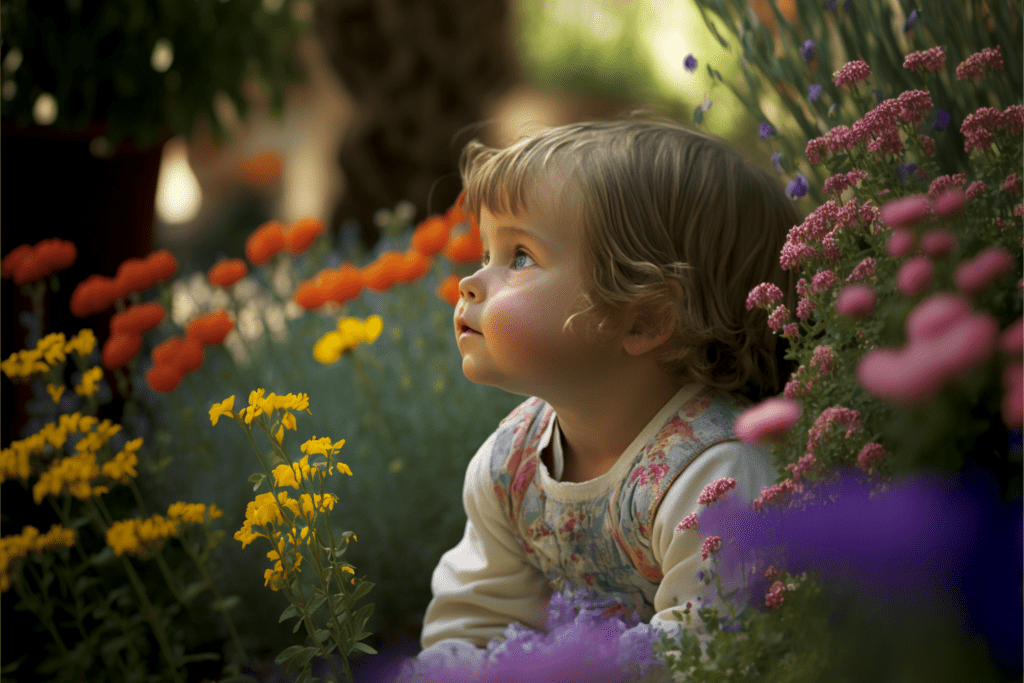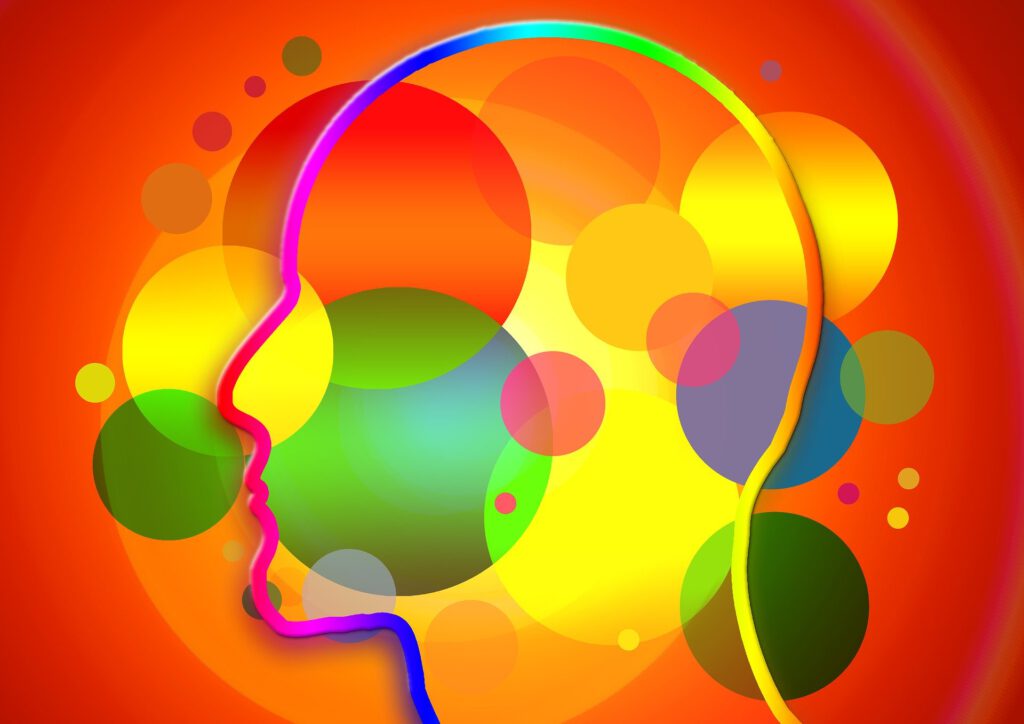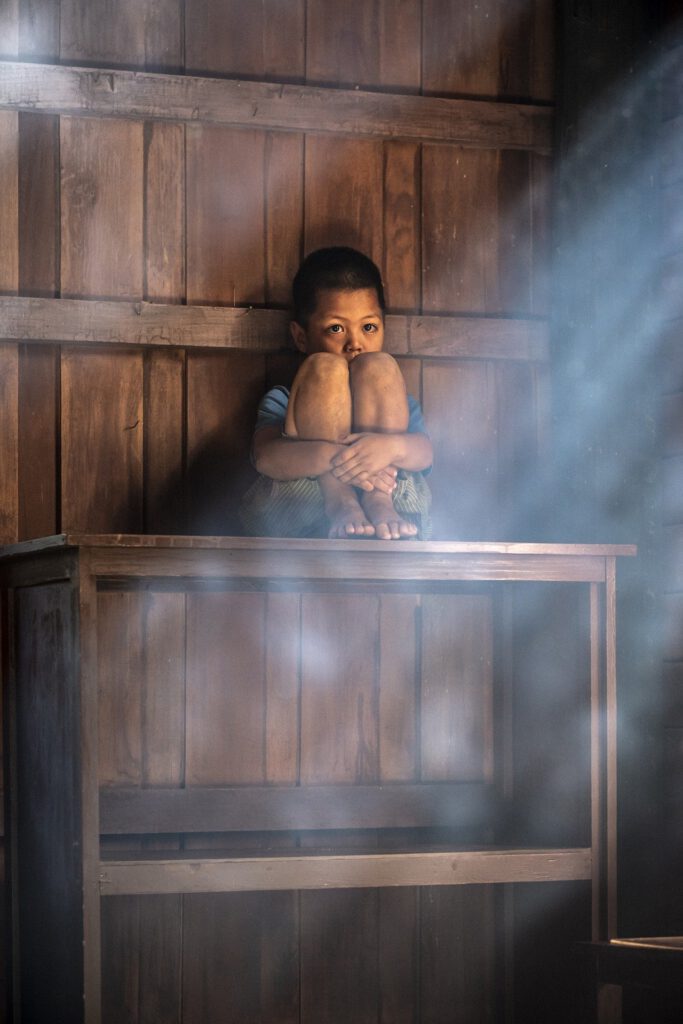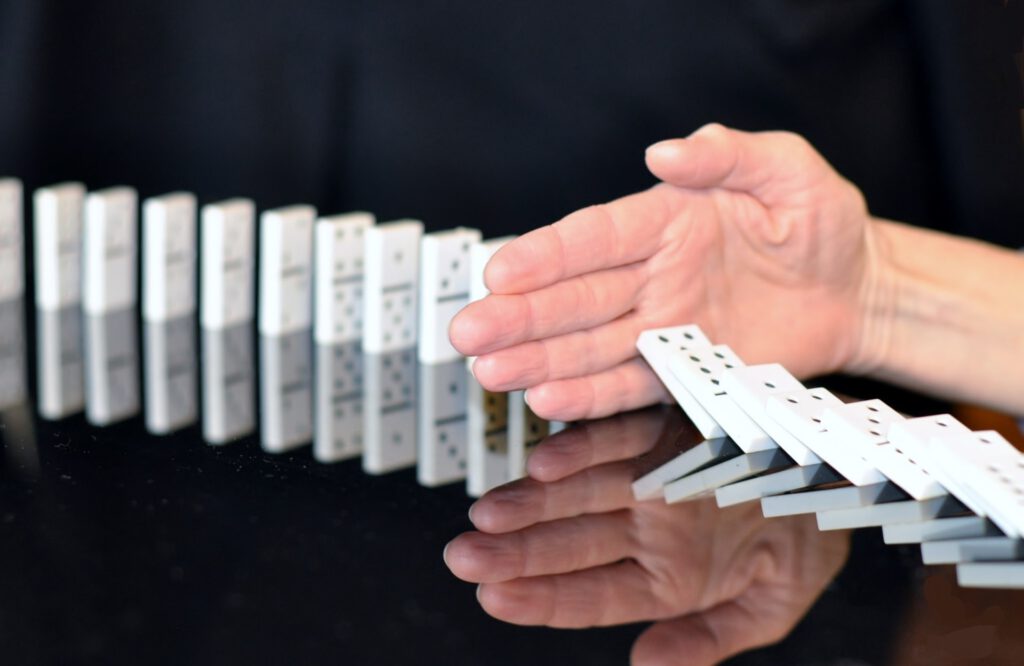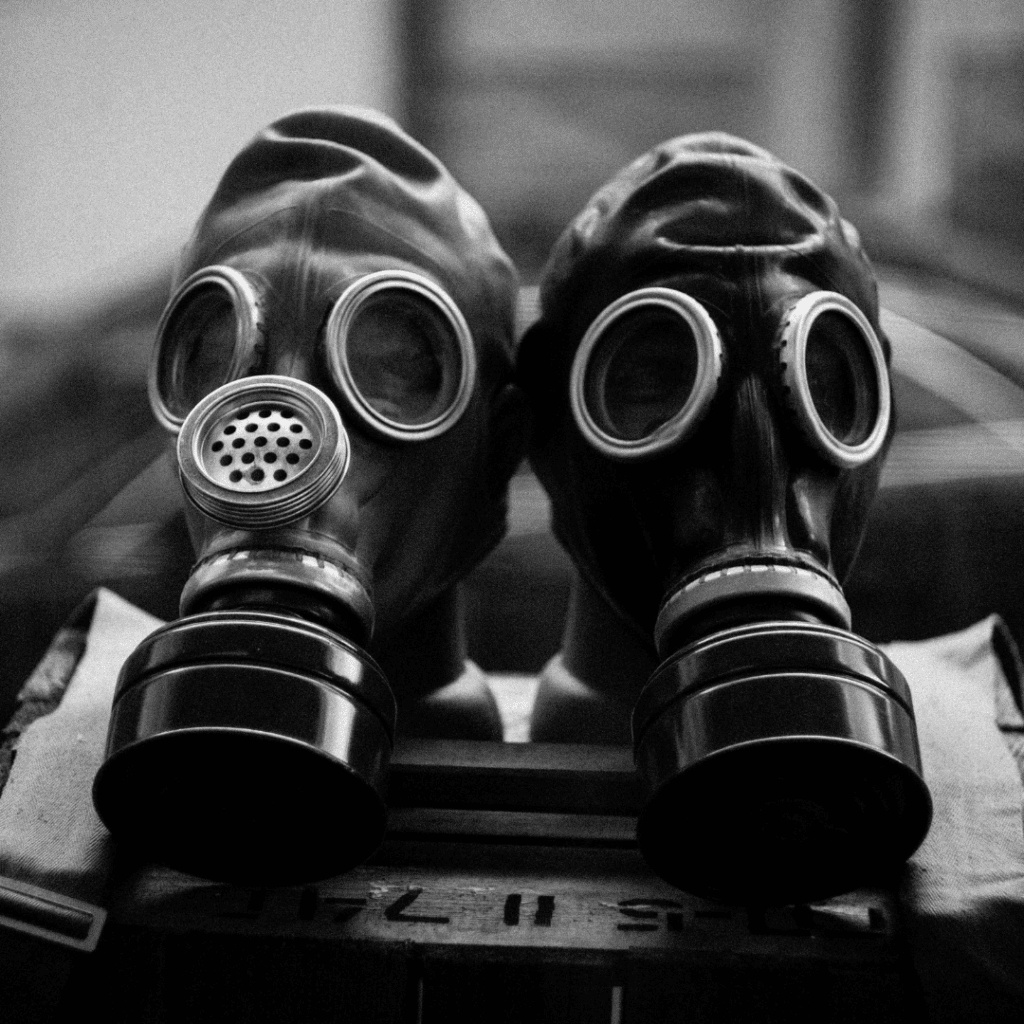Childhood trauma: cPTSD in relationships
Childhood Trauma: cPTSD – understanding and supporting your partner on the road to healing Understand your loved one better and support him on his road to recovery: If your partner suffers from complex post-traumatic stress disorder (cPTSD), living together can be emotionally challenging. But it’s important to know that you can support him on his […]

